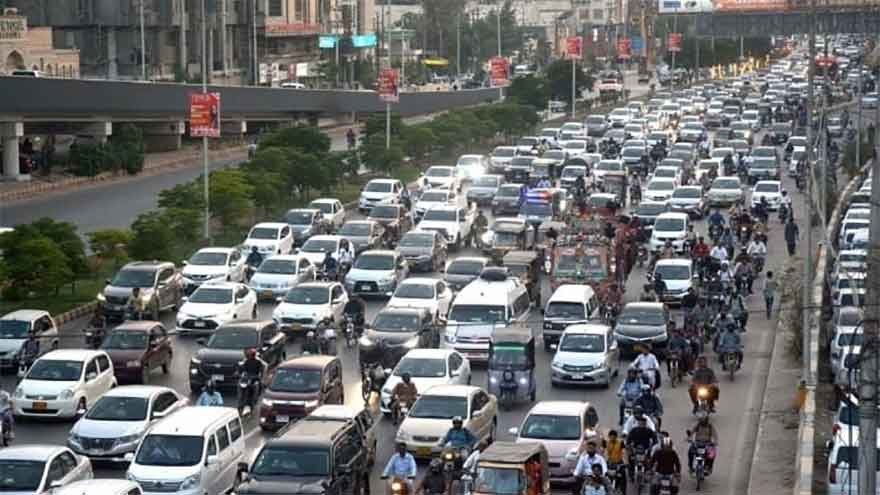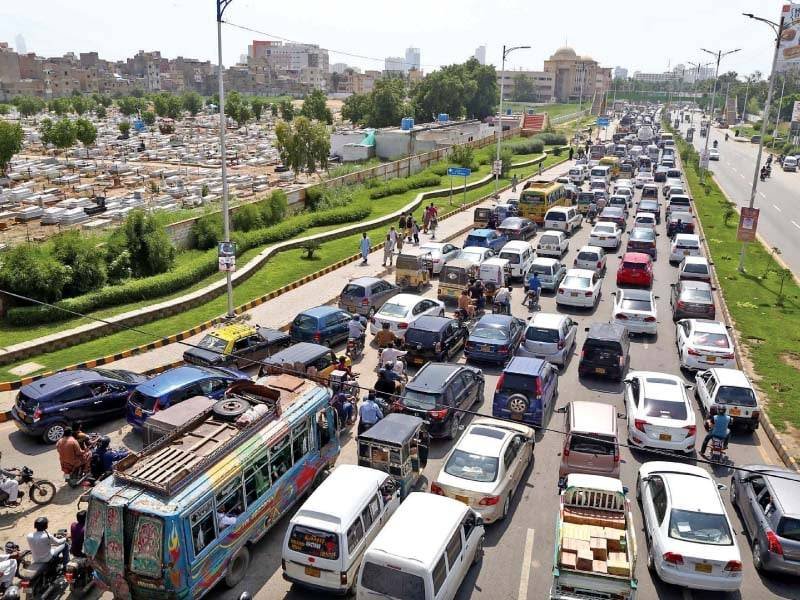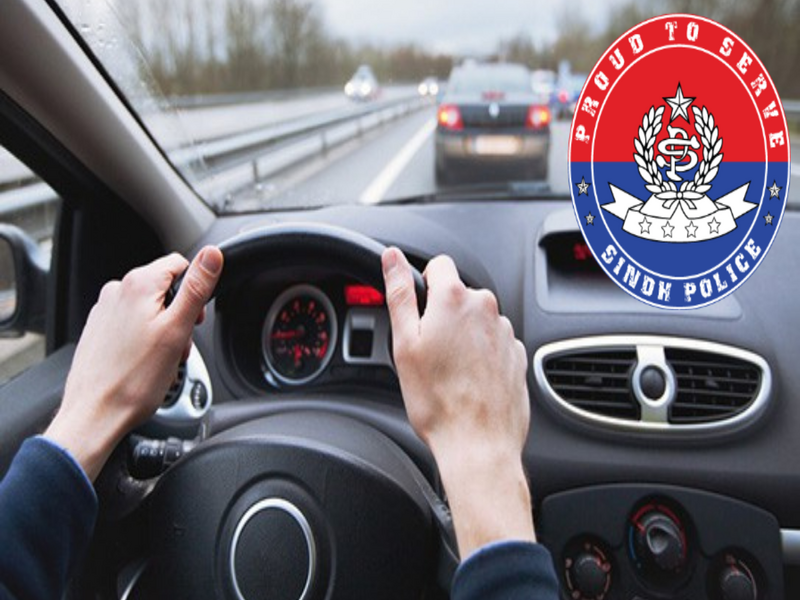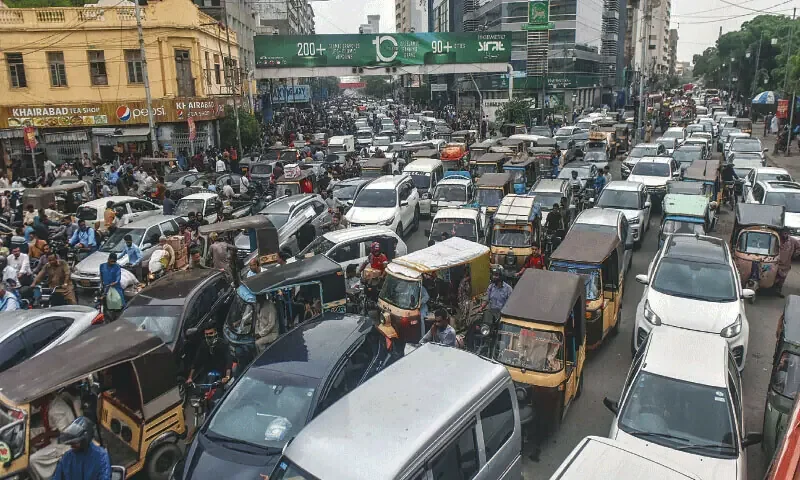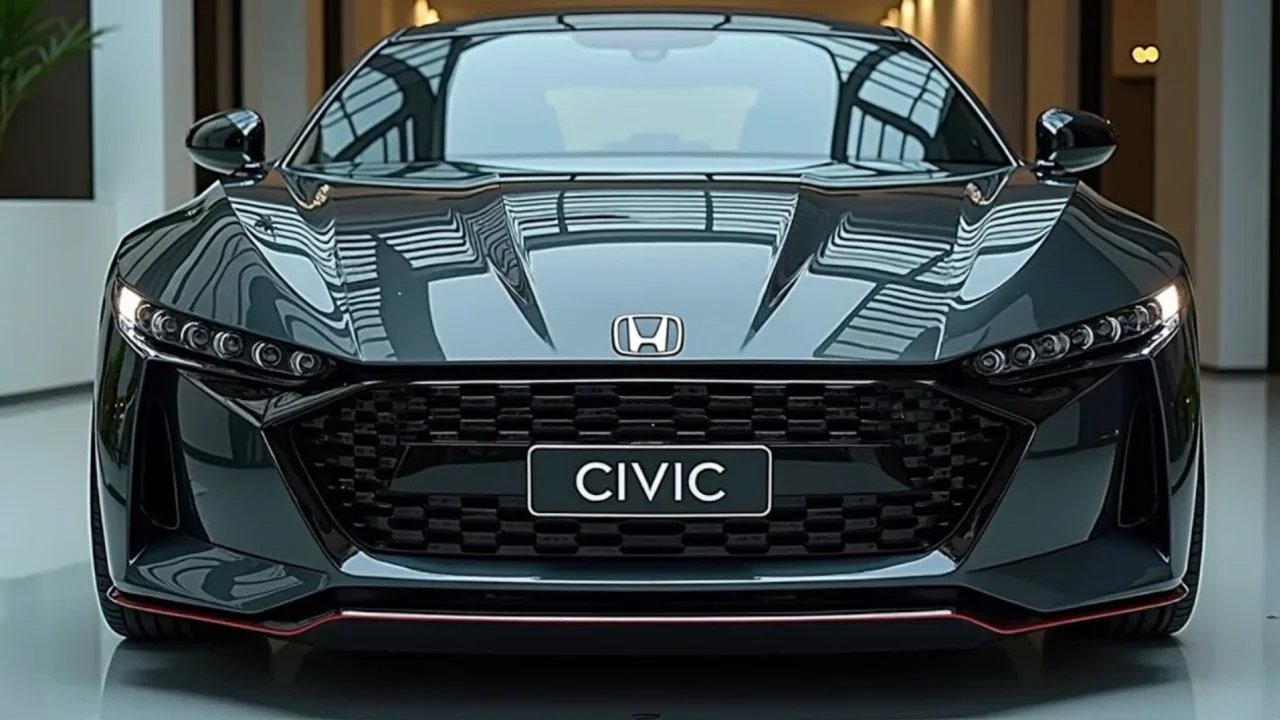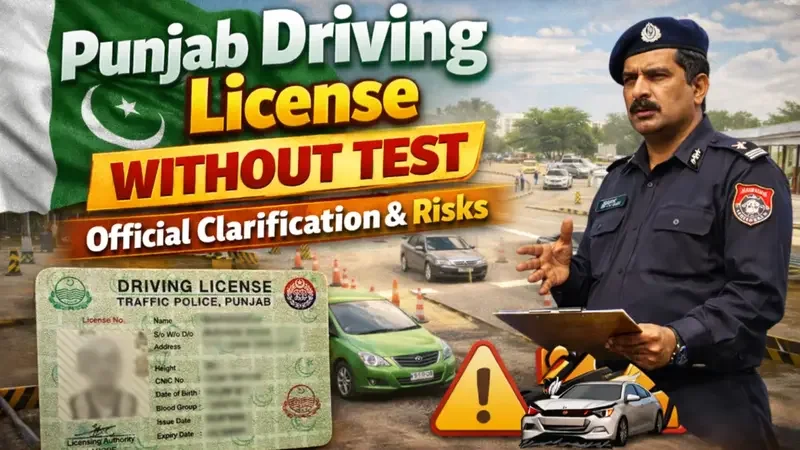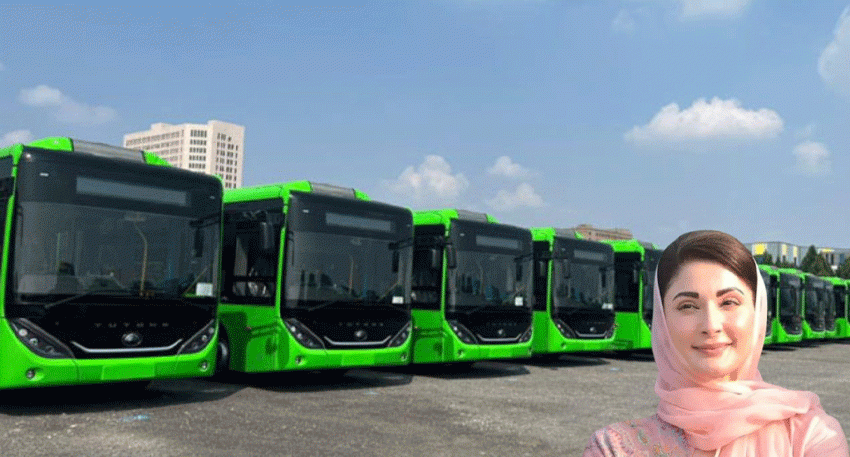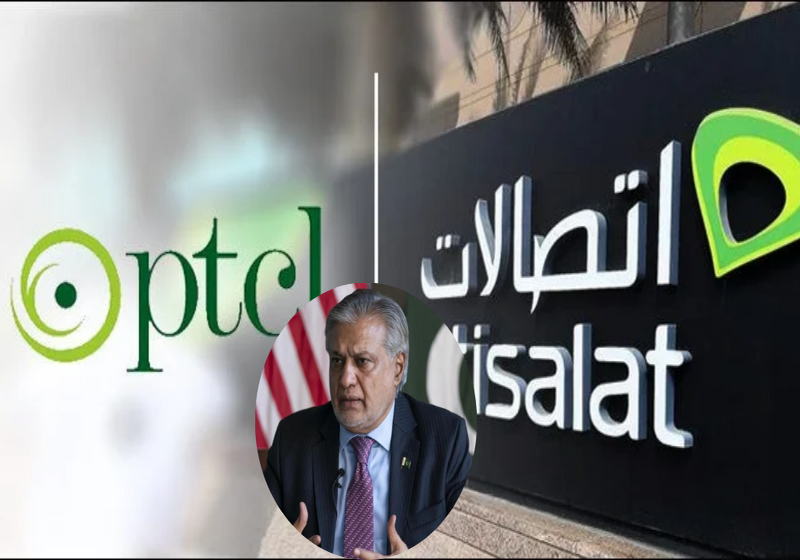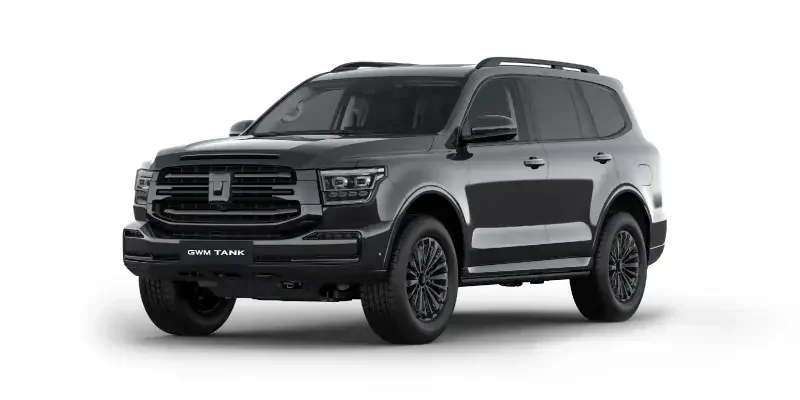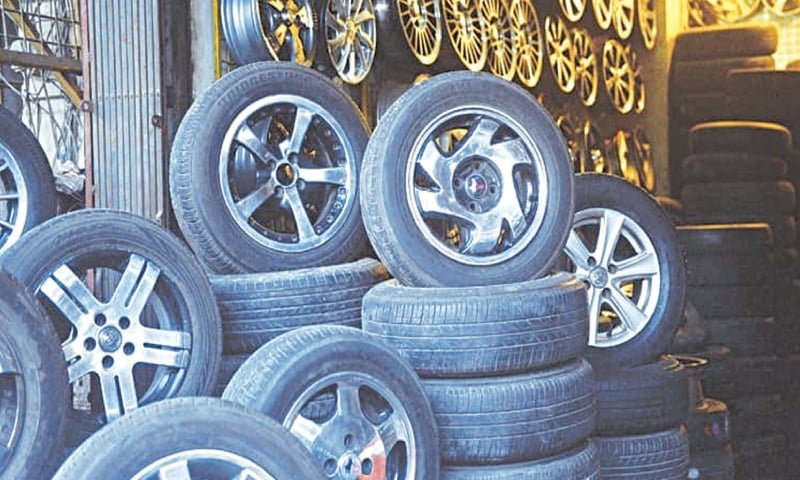Karachi’s major traffic artery, Shahrah-e-Faisal, now has officially marked speed limits as part of the city’s move toward automated traffic monitoring. New signboards along the route guide drivers and complement the recently introduced e-challan system, which automatically penalizes traffic violations. According to traffic authorities, light vehicles such as cars and jeeps must not exceed 60 kilometres per hour, with motorcycles assigned the same limit to maintain consistency and reduce sudden lane-change risks. Heavy vehicles, including buses and trucks, have a lower speed cap of 30 kilometres per hour due to their longer braking distances and higher potential for accidents at higher speeds. Smart cameras installed along the corridor will record any vehicle exceeding the permitted limits, sending e-challans directly to registered addresses. This reduces the need for police to stop vehicles physically, streamlining enforcement. The introduction of e-challans forms part of the Sindh government’s broader plan to modernize traffic management. Authorities believe automated monitoring will encourage safer driving and help lower accidents on one of Karachi’s busiest roads. The camera network is being expanded citywide, with hundreds already installed and thousands more planned. These cameras will monitor not only speeding but also other violations, including red-light running and riding without helmets. Officials are urging all road users to adhere to the new speed limits and drive responsibly, ensuring safer travel for everyone on Shahrah-e-Faisal.
